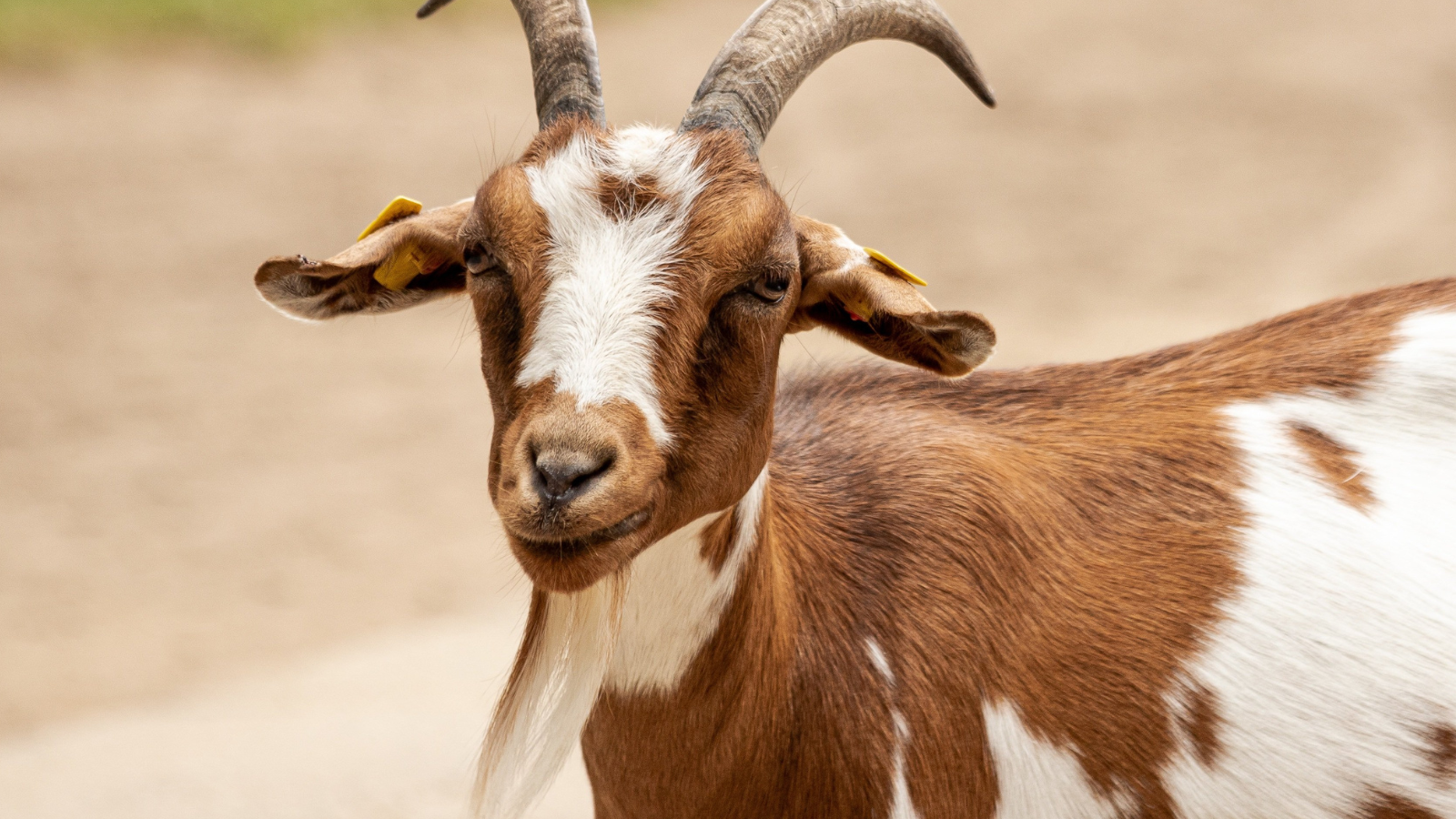Are you considering adding a goat to your family or homestead? These charming and quirky animals can make wonderful additions to your life, whether you’re drawn to their playful personalities, milk-producing potential, or their natural talent for clearing overgrown areas. However, before you bring home your new caprine companion, Herd Health Management has guidance on things that you should know.
The Social Nature of Goats
Goats are inherently social creatures that thrive in company. As herd animals, keeping just one goat can result in a lonely, stressed animal. For the well-being of your goat, plan to adopt at least two so they can keep each other entertained and provide companionship. A bored goat is more likely to get into mischief—like escaping their enclosure or chewing on things they shouldn’t!
Time Commitment
Goats aren’t low-maintenance pets. They require daily attention, including:
- Regular feeding
- Fresh water provision
- Daily health checks
- Twice-daily milking (for dairy goats)
They’re also known for their antics—knocking over buckets or head-butting for attention—so patience is definitely a virtue when it comes to goat ownership!
Space and Shelter Requirements For Your Goat
While goats don’t require vast acreage, they do need room to roam and explore. A secure fenced area providing about 200-250 square feet per goat is a good starting point. Consider adding some climbing structures like old stumps or platforms. Goats have a natural love for jumping and perching on elevated surfaces. Their shelter doesn’t need to be elaborate, but it should be:
- Sturdy
- Dry
- Well-ventilated
- Protective against wind, rain, and extreme temperatures
If there’s one thing goat owners learn quickly, it’s that these animals are escape artists extraordinaire. A flimsy fence simply won’t suffice. Invest in strong, tall fencing (at least 4-5 feet high) such as woven wire or livestock panels. Goats are both clever and agile, so regularly check for gaps they might squeeze through or sections they could climb over.
Diet and Nutrition Needs
Contrary to popular belief, goats aren’t living garbage disposals that eat everything in sight. They’re actually browsers, not grazers, meaning they prefer shrubs, weeds, and tree leaves over plain grass. A balanced goat diet includes:
- Quality hay (such as alfalfa or timothy)
- Fresh water (should be always available)
- Small amounts of goat-specific grain or feed
- Mineral supplements designed specifically for goats
Be vigilant about toxic plants—azaleas, rhododendrons, and yew can be deadly to goats. Research which plants in your yard might pose a danger before letting your goats browse freely.
At-Home Maintenance and Goat Veterinary Care
Owning goats means committing to regular maintenance tasks at home. Goats need their hooves trimmed every 6-8 weeks to prevent overgrowth and infections. Regular brushing will maintain a healthy coat, which is especially important for long-haired breeds.
Finding a goat veterinarian (or at least a vet that specializes in livestock) is crucial before bringing your first goat home. Not all small-animal vets are equipped to handle goat health issues. Your goat will need routine veterinary care, including:
- Initial Checkup: Schedule a vet visit when you first get your goat to establish a health baseline, which might include a fecal test for parasites and a general physical examination.
- Vaccinations: Most goats need CDT (clostridium perfringens and tetanus) vaccines annually, and some regions require rabies shots.
- Parasite Management: Internal parasites can be a significant problem, requiring a deworming protocol based on fecal egg counts rather than random dosing, which can lead to resistance.
- Emergency Signs: Be alert for symptoms like lethargy, diarrhea, loss of appetite, or difficulty breathing—goats can deteriorate rapidly when ill.
Budget for routine vet visits ($250-$400) as well as potential emergencies like bloat or kidding complications, which can cost significantly more. If you plan to breed or milk your goats, consult with your vet about additional care, such as pregnancy checks or mastitis prevention strategies.
Legal Considerations
Before bringing home goats, check your local zoning laws or HOA rules. Some areas restrict livestock ownership, while others require special permits. Don’t assume goats are allowed just because other people in your area have chickens or other small livestock.
Choosing the Right Kind of Goat for Your Needs
Goats come in many varieties, each with different characteristics and purposes.
- Dairy breeds like Nubians or Nigerians for milk production
- Fiber goats like Angoras for wool
- Meat breeds like Boers
Select a breed that aligns with your goals, and be prepared for their unique personalities. Goats are curious, sometimes stubborn, and often delightfully funny creatures.
Final Thoughts on Goat Care
Owning goats can be incredibly rewarding if you’re properly prepared. They’ll provide companionship, potentially fresh milk, landscape management, and countless moments of entertainment. Before taking the plunge, ensure you have the appropriate setup, sufficient time to devote to their care, and a reliable veterinarian like Herd Health Management. If you are in Gilbert, AZ or surrounding areas like San Tan Valley or Mesa, schedule an appointment for your new goat’s first vet visit. With proper preparation, you’ll be ready to welcome your new goat companions to their forever home!

